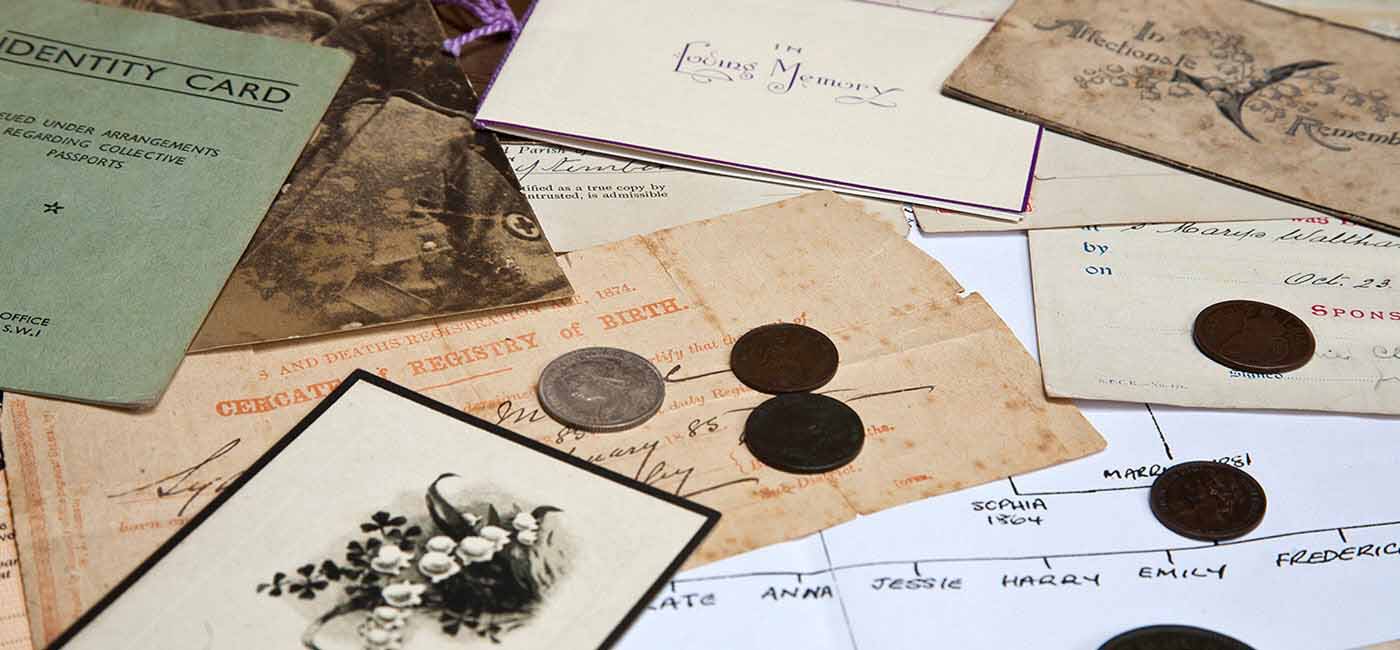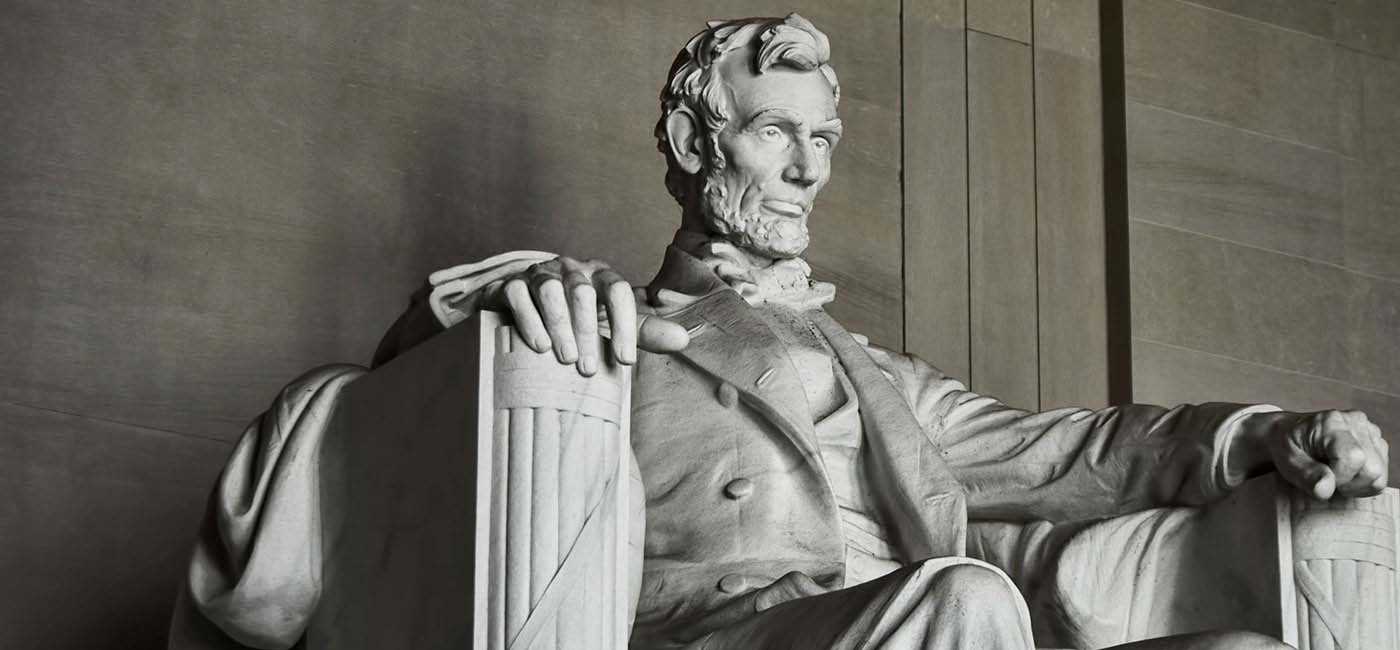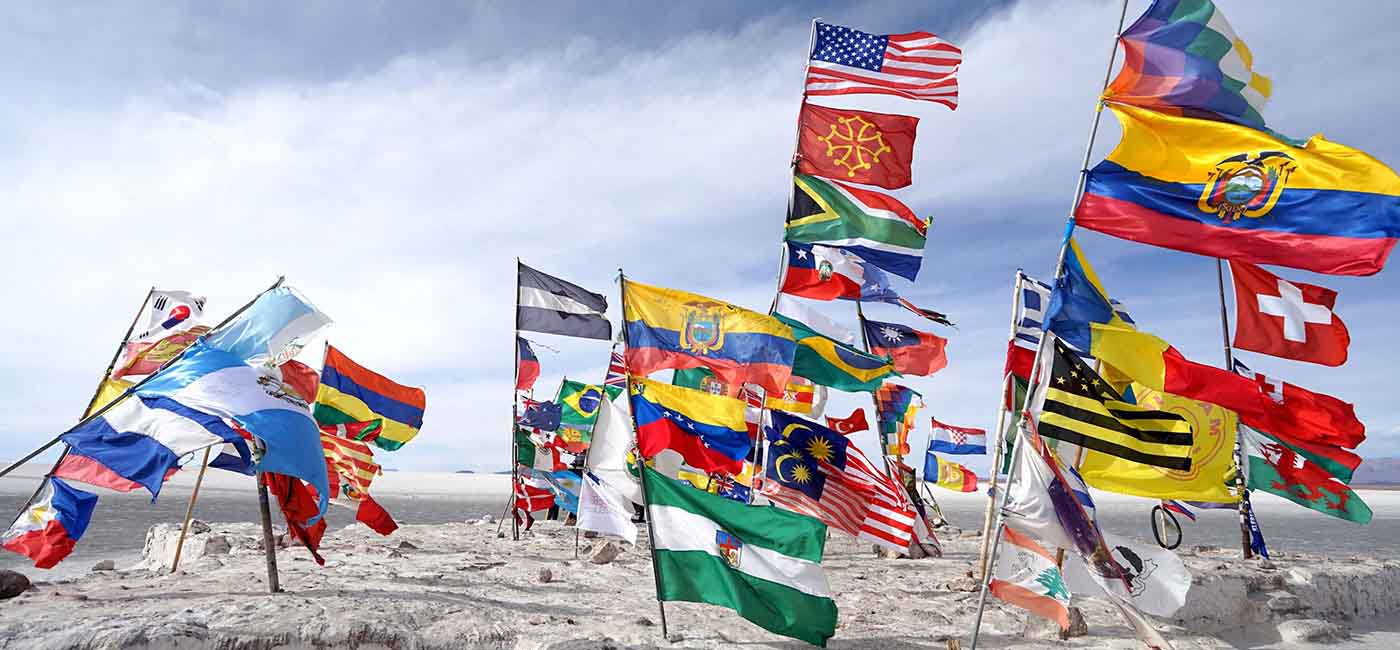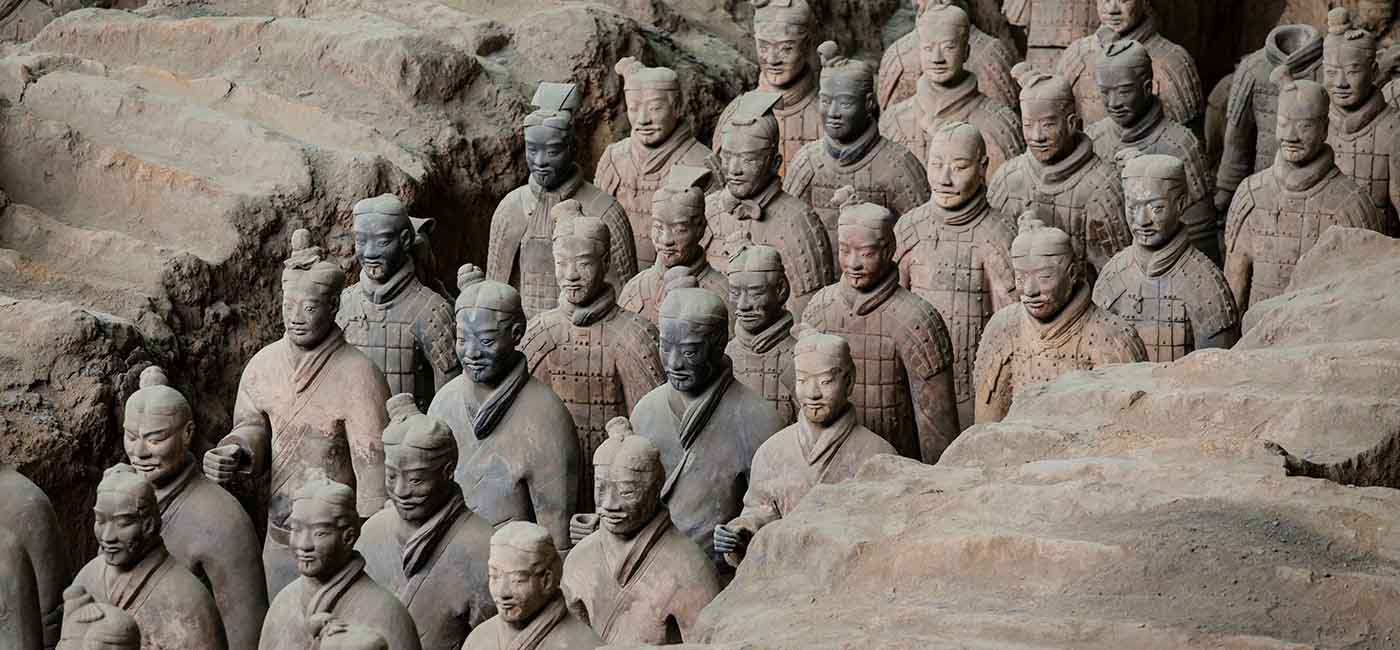Focus Your Search
Click on the tabs below to guide your initial search. Use filters to expand or scale down the results for each category.

Click on the tabs below to guide your initial search. Use filters to expand or scale down the results for each category.

Federal Surveillance of the Partido Independentista Puertorriqueño
This collection highlights the FBI’s efforts to disrupt the activities of the largest of the Puerto Rican independence parties, Partido Independentista Puertorriqueño, and compromise their effectiveness. In addition, these documents provide an insightful documentary history and analysis of support for commonwealth status in the country. These documents provide invaluable additions to the recorded history of Puerto Rico.

China: Records of the U.S. Department of State, 1940-1944
China in the Second World War is the focus of this collection. Documents include correspondence from the American Chamber of Commerce of Shanghai (September 1940); discussions calling for protection of American newspapers in China prior to United States entry into the war; letters to Sumner Welles, undersecretary of state; documents noting "unfavorable comments made by Japanese-controlled press ... concerning foreigners and policies of the United States and Great Britain" (June 1941); the correspondence of Everett F. Drumright, American consul (August 1942); samples of "Chinese Communist publications" supplied by the Embassy at Chungking under cover of dispatches (June 1943); among many other unique holdings. Topics include the wartime relations between the United States and China, with emphasis on China's military position and U.S. efforts to give military assistance; U.S. Army analysis of military operations; U.S. interests regarding Kuomintang-Communist relations and negotiations; and efforts to provide technical assistance to China and to facilitate greater cultural cooperation between the United States and China.

British Foreign Office: United States Correspondence, 1935-1937
This collection in The National Archives at Kew covers British foreign affairs concerning the United States. The General Political Correspondence for the United States of America, in F.O. 371, consists primarily of communications between the Foreign Office and various British embassies and consulates in North America. Governmental, political, military, economic, and cultural topics concerning Anglo-American relations are chronicled.

1894. Alfred Dreyfus, un officier français juif, est accusé de trahison et condamné à perpétuité. En dépit de preuves accablantes de la culpabilité d’un autre officier, l’Armée continuera à étouffer l’erreur judiciaire jusqu’à la libération de Dreyfus en 1906. "L’affaire Dreyfus", qui devint le scandale politique le plus marquant de son époque, divisa la France et révéla l’antisémitisme virulent sévissant en Europe.

Political Relations Between China, the U.S. and Other Countries, 1910-1929
This collection includes the microfilmed U.S. Department of State records for 1910-1929 relating to the political relations between the United States and China, and relations between China and other states. The collection consists predominantly of instructions to and despatches from diplomatic and consular officials; the despatches are often accompanied with enclosures. Also included in these records are the correspondence, reports, and journals of the commissions concerned with extra-territoriality in China, as well as notes between the Department of State and foreign diplomatic representatives in the United States. Also featured is memoranda prepared by officials of the Department, and correspondence with officials of other government departments, private firms and individuals.

The Indian Army and Colonial Warfare on the Frontiers of India, 1914-1920
For generations of British and Indian Officers and men, the North-West Frontier was the scene of repeated skirmishes and major campaigns against the trans-border Pathan tribes who inhabited the mountainous no-man’s land between India and Afghanistan. This collection contains Army Lists; Orders; Instructions; Regulations; Acts; Manuals; Strength Returns; Orders of Battle; Administration Summaries; organization, commissions, committees, reports, maneuvers; departments of the Indian Army; and regimental narratives. This collection is a welcome addition to the new-flourishing literature on the military history of South Asia and the growing field of serious study of the British military experience in India.

Economic Cooperation Administration’s Relief Mission in Post-War China, 1946-1948
This collection demonstrates how officials of the Economic Cooperation Administration (ECA) looked for economic and cultural opportunities to promote U.S.-China relations, despite the prevailing Cold War suspicions of any and all communists in the early Cold War era. Topics include ECA efforts to urge the U.S. State Department to pursue a friendly economic policy toward Communist China and not to jeopardize U.S.-China economic relations; ECA representation of the opinion of many American businessmen in the face of U.S. State Department and White House opposition; the failure of the Marshall Mission to China to politicize the U.S. economic policy toward China; the effectiveness of the ECA's implementation of aid to China; and information on the China Aid Act as part of Title IV of the Foreign Assistance Act. Documents include records of Donald S. Gilpatric, foreign service officer; regional offices correspondences; chronological files and cables; interoffice memos; subject files of the office of the director; among other records.

The Alger Hiss Papers reproduced in this collection are from the State Department’s Office of Special Political Affairs. For the most part, they document the post-war planning process, Alger Hiss’ role, and work on the Dumbarton Oaks and United Nations conferences. The papers are organized as subject files. They include memoranda addressed to Hiss, occasional responses, correspondence, and associated reports. Much of the correspondence in this series consists of letters and reports that Alger Hiss was copied on. This record group provides excellent documentation about U.S. politics and policy as they related to the war, post-war planning, and the founding of the United Nations.

German colonial aspirations in Africa ended with the end of the First World War. British and French Army forces seized German colonies in Africa and British naval forces occupied the German port facilities. The Treaty of Versailles legitimized and officially mandated the former German colonies to British and French colonial authorities. This collection comprises correspondence, studies and reports, cables, maps, and other kinds of documents related to U.S. consular activities. U.S. Consulates were listening posts reporting on the activities of the German colonial governments and later the mandate authorities, and the activities of the native peoples.

The Persian Gulf States and Yemen, 1950-1959
These documents highlight the structure and activities of the Persian Gulf States’ and Yemen’s political system, government, judiciary, laws, military, customs, economy, finance, agriculture, natural resources, industry, communications, and media. Because of the broad scope of these records, they both supplement and complement the coverage offered by the State Department’s Foreign Relations of the United States series.

Greece: Records of the U.S. Department of State, 1950-1963
This archive focuses on Greece in the Cold War era in the aftermath of the Greek Civil War, which took a heavy toll, in the late 1940s. The collection is sourced from the Central Files of the General Records of the Department of State. The records are under the jurisdiction of the Legislative and Diplomatic Branch of the Civil Archives, National Archives and Records Administration, Washington, D.C.

The Dean Gooderham Acheson (1893–1971) papers are a rich source of information on the policies, thoughts, and accomplishments of the secretary of state who guided American foreign policy from 1948-1953. The papers, which span the period 1898-1978, are especially full for the period after Acheson left public office in 1953 until his death in 1971. Acheson considered these papers to be his private papers, as opposed to the papers he created professionally as a lawyer and publicly as a civil servant. In his private life, Acheson was able to offer a candid view of events during the Cold War without having to temper his words due to political considerations.

Gale OneFile: Contemporary Women's Issues
The database offers Issues offers comprehensive coverage of issues that influence women’s lives across the globe. Gale OneFile: Contemporary Women's Issues provides access to current full text and pertinent backfile content covering topics including civil rights, health, education, professional development, and entrepreneurship.

Match your patrons’ reading interests with a reader’s advisory database that makes finding a great read much less challenging. With fun ways to browse, an intuitive design, read-alikes, reviews, award winners, themed booklists, and more, this resource answers the question, “What do I read next?”

Biography and Genealogy Master Index
This is a reference standard for libraries and the best place to begin any search. Users can quickly determine where to find biographical material on people from all time periods, geographic locations, and fields of endeavor—providing elaborate information on over 5 million people.

Provides contextual information on a broad range of Canadian topics. Features authoritative reference content written from a Canadian perspective and organized into a user-friendly portal experience.

Supports science studies by providing contextual information on hundreds of today's most significant science topics and showcase scientific disciplines that relate to real-world issues.

Provides contextual information on the world's most influential people. Over 600,000 biographical entries cover a range of historically significant figures and present-day newsmakers.

Gale In Context: Global Issues
Supports global awareness. Authoritative content empowers learners to critically analyze and understand the most important issues of the modern world.

Gale In Context: World History
Provides an overview of world history, covering the most-studied events, cultures, civilizations, religions, people, and more.